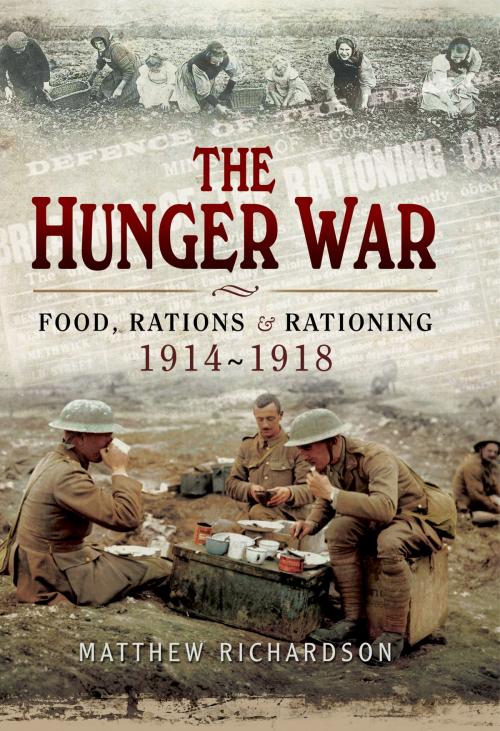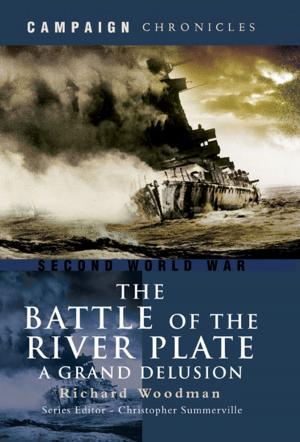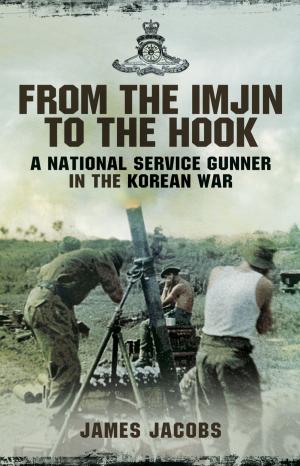The Hunger War
Food, Rations & Rationing 1914-1918
Nonfiction, History, Military, World War I, British| Author: | Matthew Richardson | ISBN: | 9781473873988 |
| Publisher: | Pen and Sword | Publication: | October 30, 2015 |
| Imprint: | Pen and Sword Military | Language: | English |
| Author: | Matthew Richardson |
| ISBN: | 9781473873988 |
| Publisher: | Pen and Sword |
| Publication: | October 30, 2015 |
| Imprint: | Pen and Sword Military |
| Language: | English |
In the First World War the supply of food to civilians became as significant a factor in final victory as success or defeat on the battlefields. Never before had the populations of entire countries lived under siege conditions, yet this extraordinary situation is often overlooked as a decisive factor in the outcome of the conflict.
Matthew Richardson, in this highly readable and original comparative study, looks at the food supply situation on the British, German, French, Russian and Italian home fronts, as well as on the battlefields. His broad perspective contrasts with some narrower approaches to the subject, and brings a fresh insight into the course of the war on all the major fronts.
He explores the causes of food shortages, as well as the ways in which both combatant and neutral nations attempted to overcome them. He looks at widely differing attitudes towards alcohol during the war, and the social impacts of food shortages, as well as the ways in which armies attempted to victual their troops in the field.
In the First World War the supply of food to civilians became as significant a factor in final victory as success or defeat on the battlefields. Never before had the populations of entire countries lived under siege conditions, yet this extraordinary situation is often overlooked as a decisive factor in the outcome of the conflict.
Matthew Richardson, in this highly readable and original comparative study, looks at the food supply situation on the British, German, French, Russian and Italian home fronts, as well as on the battlefields. His broad perspective contrasts with some narrower approaches to the subject, and brings a fresh insight into the course of the war on all the major fronts.
He explores the causes of food shortages, as well as the ways in which both combatant and neutral nations attempted to overcome them. He looks at widely differing attitudes towards alcohol during the war, and the social impacts of food shortages, as well as the ways in which armies attempted to victual their troops in the field.















